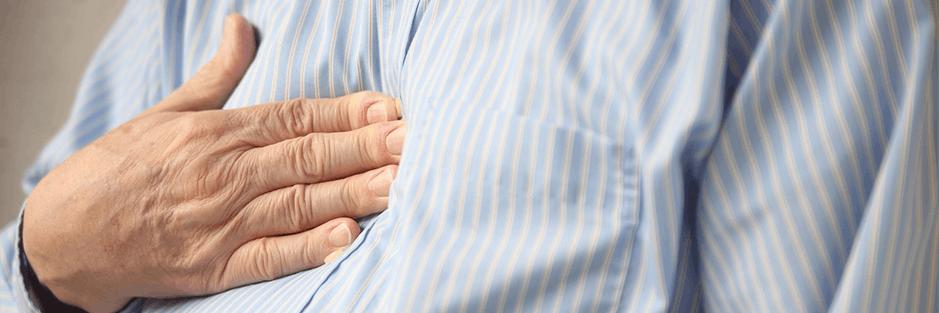WHAT IS GERD?

Gastroesophageal reflux disease (GERD) is a chronic digestive disease. GERD occurs when stomach acid or stomach content flows back into your esophagus. The backwash, known as reflux, irritates the lining of your esophagus and causes GERD.
Some doctors believe that a hiatal hernia may weaken the lower esophageal sphincter and increase the risk of GERD. Hiatal hernia occurs when the upper part of the stomach moves up into the chest through a small opening in the diaphragm. Many people who suffer from a hiatal hernia will not have problems with heartburn or reflux, but having one can allow stomach content to travel more easily into the esophagus.
Certain foods and beverages can trigger reflux and heartburn. Smoking, pregnancy, and obesity are also contributing factors to GERD symptoms.

 |
|